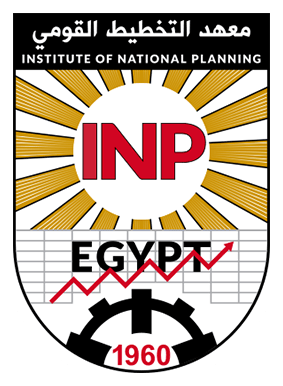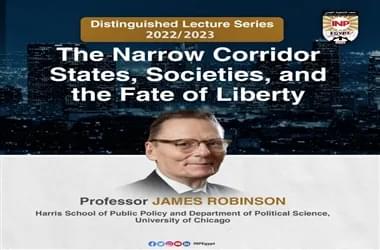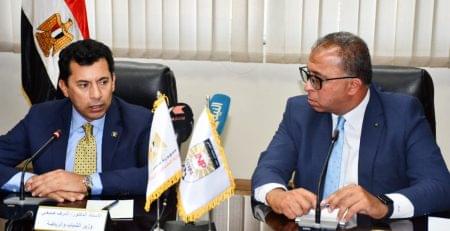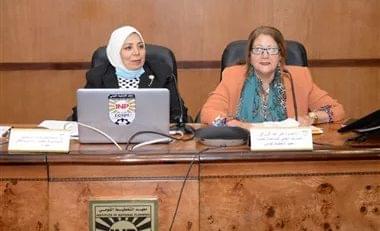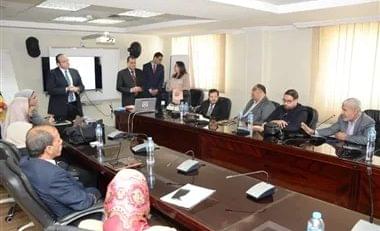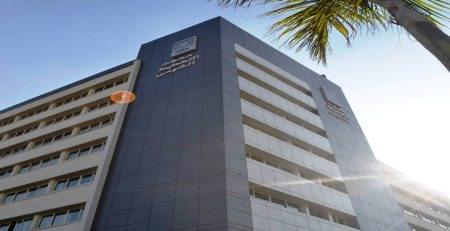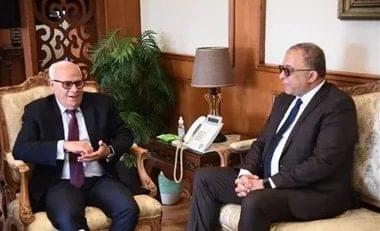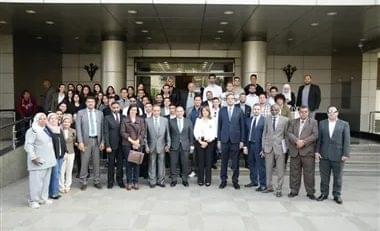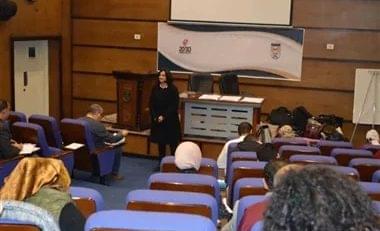The Institute of National Planning holds a distinguished lecture on “The Narrow Corridor: States, Communities, and the Fate of Freedom”
The Institute of National Planning held a distinguished lecture entitled “The Narrow Corridor: States, Societies, and the Fate of Freedom”, delivered by Prof. James Robinson, Professor at the Harris School of Public Policy – Department of Political Science, University of Chicago. In the presence of Prof. Dr. Ashraf El Araby, President of the National Planning Institute, and a number of professors, experts and researchers.
After welcoming Prof. Hala Abu Ali, Vice President of the Institute for Research and Graduate Studies, Robinson began by presenting his book: The Narrow Corridor: States, Communities, and the Fate of Freedom, in which he proposed a tripartite classification of societies based on the balance of power between the state and society, comparing it between the strong state and weak society, and the weak state and society The strong, the strong state and the strong society, reviewing the experiences of (China, the right, and North America), and addressing the conditions of political, security, and economic societies in the absence and presence of the state, and the extent to which emerging countries are able to change customs, traditions, social structure, and economic practices, explaining that What is meant by the term narrow corridor is (the stage in which the power of states and societies is balanced).
Robinson reviewed economic comparisons between democratic and repressive countries, explaining that both provide the system and security necessary for financial and commercial prosperity, but the first maintains competitiveness and personal motivation to invest, increase profits, and society monitors the progress of general economic policies, while the second collapses its economy, even after a temporary boom due to tax expansion and corruption. , stressing that the idea of the weakness of the repressive state and its collapse, even after a while, is due to the weakness of its society (which itself worked to rob the tools of its power). On the other hand, the strength of the democratic state derives from the strength, activity, and effectiveness of its society. A strong society that is involved in drawing up public policies and monitoring government activities is the only effective means to gain the freedom of individuals and groups and ensure the strength of the state at the same time.
During his speech, Robinson referred to the historical paths and the roles played by the various institutional arrangements in the successful development of societies, by listing a number of historical and current examples, addressing the forms of building states and their different relations with society, and their different results with regard to personal and collective freedoms, economic well-being and the power of the state in general.
Robinson stressed the need for more freedom than ever before, because the world today is going through a period of turmoil, and the danger that looms on the horizon is not only the loss of our political freedom, however grim in itself, but also the declining levels of prosperity and security that depend on greatly on freedom, pointing out that the opposite of the path of freedom is the path of destruction and societal collapse.
